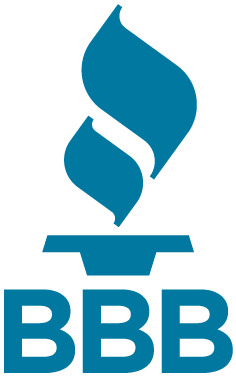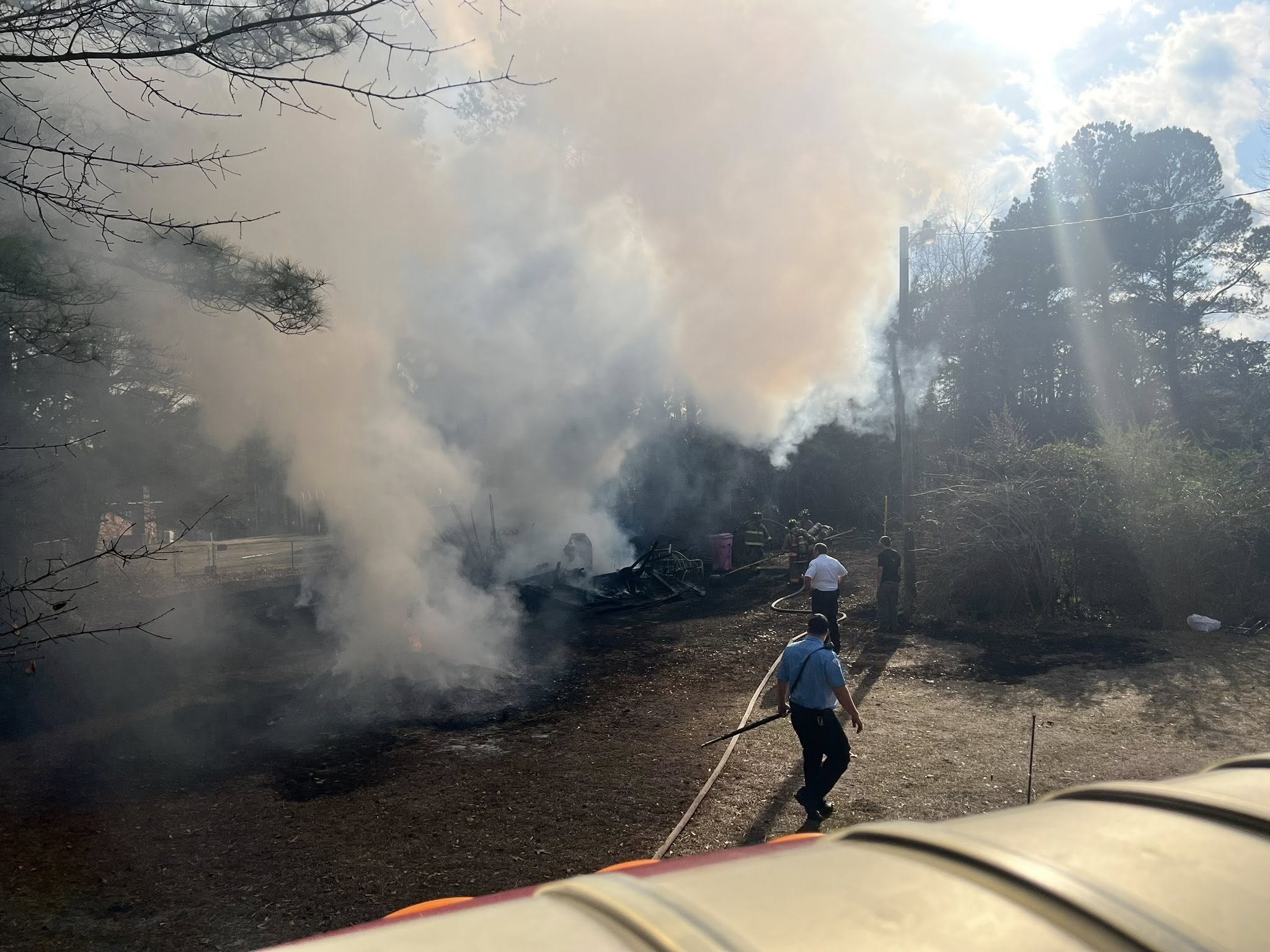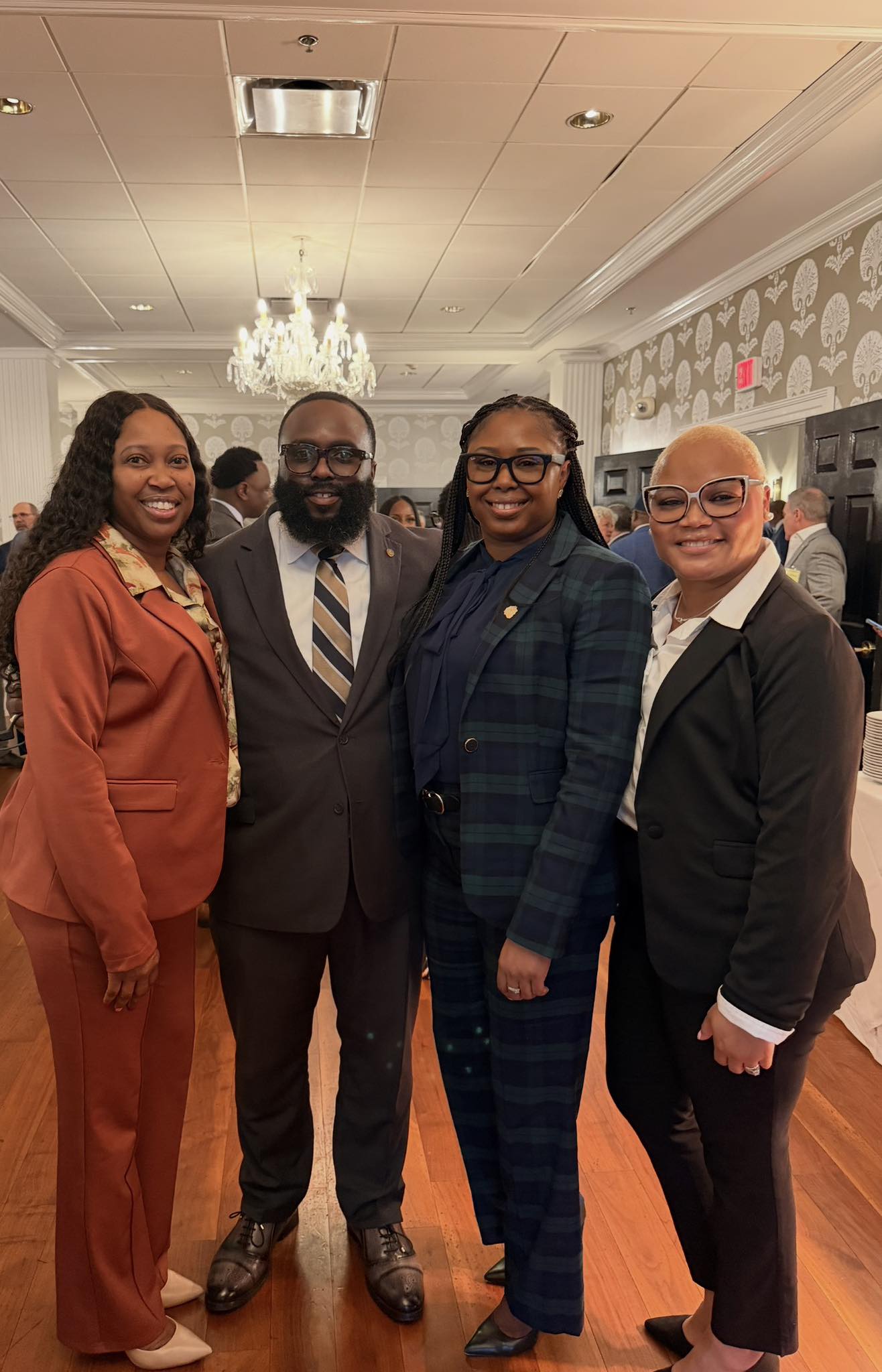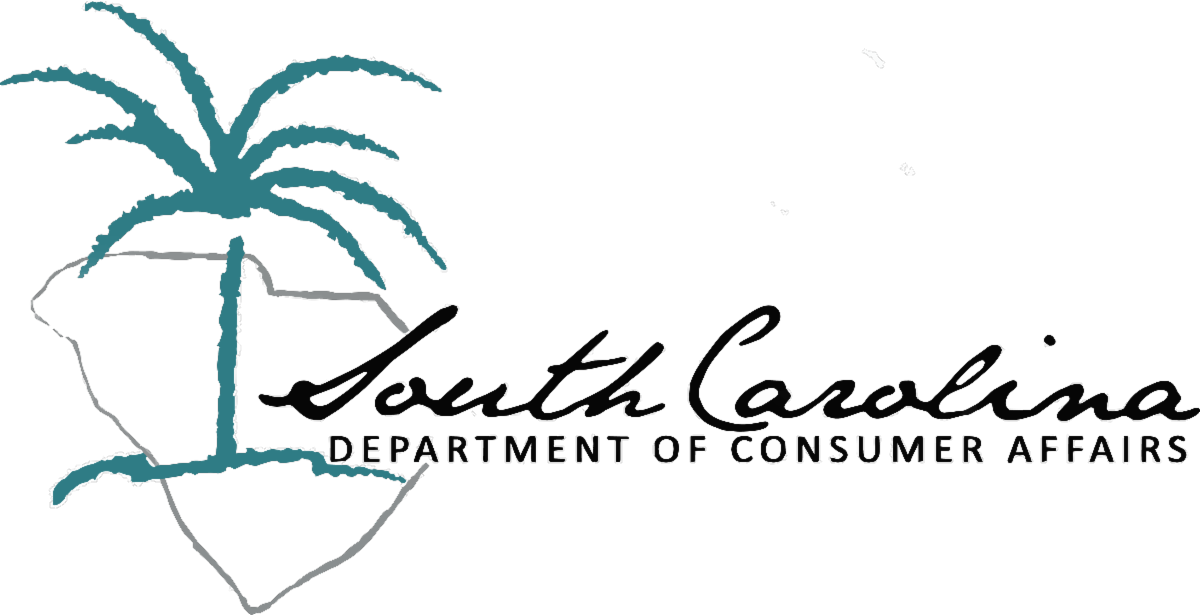RALEIGH, N.C. (January 22, 2024) – Utility scams happen any time of year, but will typically pop up during extreme cold or heat events when many people are more likely to need their heat or air conditioning. Better Business Bureau Serving Eastern Carolinas (BBB) wants consumers to be aware that scammers may impersonate water, electric, and gas company representatives, threatening residents and business owners with deactivation of service if they don’t pay up immediately.
“When severe weather strikes and people need help, scammers are quick to take advantage of them,” said Mallory Wojciechowski, president and CEO of BBB. “Don’t fall for scam tactics like unsolicited messages or pressuring you to pay immediately.”
How the scam works
Utility company impostors will typically contact customers with a phone call, text, or knock on the door, claiming to be a representative from the local water, electric, or gas company. In the most common scenario, they will claim payment is overdue and the utility will shut off within the hour if the bill is not paid immediately.
Scammers use a variety of other tricks to prey on utility customers. A “representative” may appear at the door in a plausible work uniform claiming that the electric meter is not working properly and must be immediately replaced— at the homeowner’s expense. In another form of this con, the scammer may gain access inside the home to perform “repairs” or an “energy audit” with the intent of stealing valuables or coming across personally identifiable information that just happens to be out in plain sight. These cons may also involve promises of energy discounts with the intent of taking money, personal information, or possibly the account details needed to switch the resident to another utility provider without consent (an illegal practice known as “slamming”).
Tips to spot this scam
Prepaid debit cards and wire transfers are a red flag. If a caller specifically asks for payment by prepaid debit card, gift card, a digital wallet app, or wire transfer, this is a huge warning sign. Legitimate utility companies will often accept a check or credit card.
Pressure to pay immediately. Utility scammers will press for immediate payment, typically within a short time frame under an hour, and may try high-pressure tactics to intimidate consumers into giving them personal and banking information.
Protect yourself against this scam
-Call customer service. If you feel pressured for immediate action by an unknown caller, hang up the phone and call the customer service number listed on your actual utility bill. If the scammer provided you with a utility bill, it could be fake, so be sure to go back to a previous, real utility bill and confirm that the phone number you will be calling is correct. This will ensure you are speaking to a real representative from your utility company. Never give your personal or banking information to an unverified or unsolicited caller.
-Never allow anyone into your home unless you have scheduled an appointment or reported a problem. It is rare that a -legitimate utility company will show up unannounced and demand entry into your home. Also, ask utility employees for proper identification before letting them enter.
For more information
Read more about how to avoid impostor scams.
Report scams to BBB Scam Tracker and learn how to protect yourself, by going to “10 Steps to Avoid Scams.”
For more information about BBB, visit BBB.org.
About BBB of Eastern Carolinas
Better Business Bureau serving Eastern Carolinas is a 501(c)(6) not-for-profit corporation serving 48 counties in North and South Carolina. The organization is funded primarily by BBB Accredited Business fees from over 5,200 local businesses and professional firms. BBB promotes integrity, consumer confidence and business ethics through business self-regulation in the local marketplace. Services provided by BBB include reports on companies and charitable organizations, general monitoring of advertising in the marketplace, consumer/business education programs and dispute resolution services. All services are provided at no cost to the public, with the occasional exception of mediation and arbitration. Visit BBB.org.






